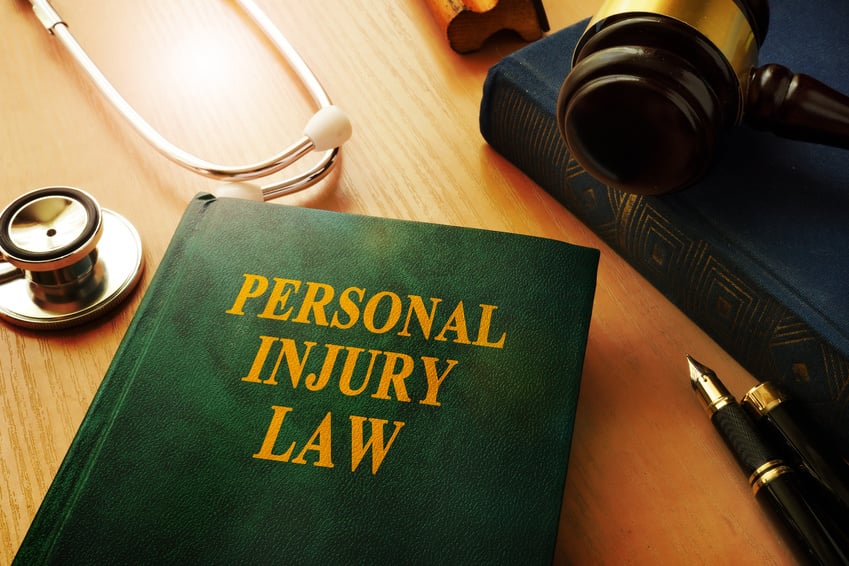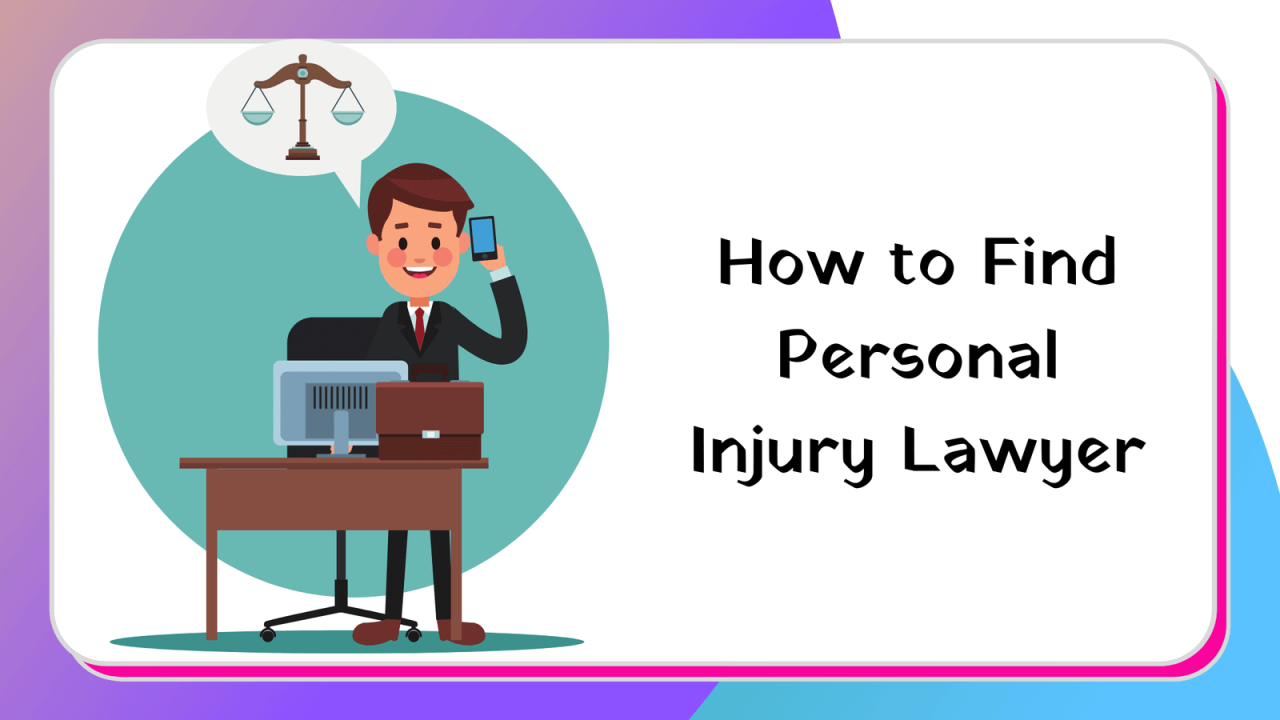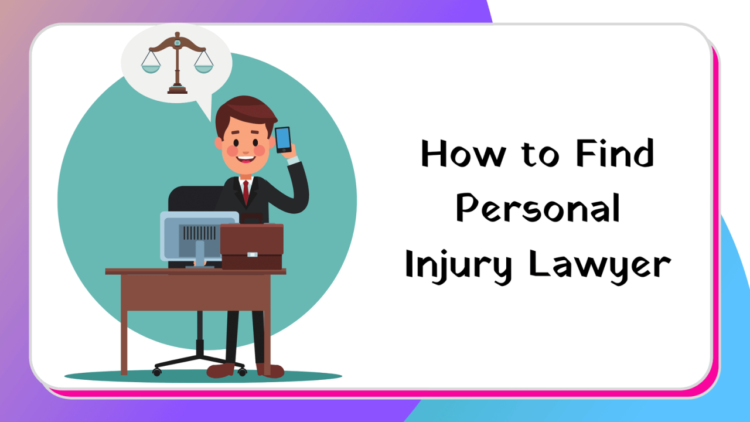
Evaluating Lawyer Credentials and Experience

When selecting a personal injury lawyer, it is crucial to evaluate their credentials and experience to ensure they have the necessary skills and expertise to handle your case effectively.
Factors to consider include:
– Education and training: Look for lawyers who have a Juris Doctor (J.D.) degree from an accredited law school and have passed the state bar exam. Additional certifications, such as those from the American Board of Trial Advocates (ABOTA) or the National Board of Trial Advocacy (NBTA), demonstrate specialized knowledge and experience in trial law.
– Practice area focus: Choose lawyers who primarily focus on personal injury law. They will have a deep understanding of the relevant laws, procedures, and strategies specific to this field.
– Experience in handling similar cases: Inquire about the lawyer’s experience in handling cases similar to yours. This includes the type of injury, the amount of compensation recovered, and the success rate in obtaining favorable outcomes.
– Trial experience: If your case is likely to go to trial, it is important to choose a lawyer with substantial trial experience. They should be skilled in presenting evidence, examining witnesses, and advocating for your interests in court.
– Reputation and references: Check online reviews and ask for referrals from previous clients. Positive feedback and testimonials can provide valuable insights into the lawyer’s professionalism, communication skills, and ability to achieve results.
Attorney-Client Relationship and Communication

Establishing a strong attorney-client relationship is crucial for successful legal representation. Open and effective communication is the cornerstone of this relationship, ensuring that both parties are on the same page and working towards a shared goal.
Regular communication is essential for keeping the client informed about the progress of their case, understanding their concerns, and addressing any changes in the legal landscape. Effective communication fosters trust and transparency, allowing both the lawyer and client to make informed decisions.
Guidelines for Effective Communication
- Be clear and concise: Communicate your thoughts and questions in a direct and unambiguous manner.
- Be responsive: Promptly respond to your lawyer’s inquiries and provide requested information.
- Be organized: Keep track of important documents and communications to facilitate efficient discussions.
- Respect boundaries: Understand your lawyer’s availability and respect their time constraints.
- Ask questions: Don’t hesitate to ask for clarification or seek additional information to ensure your understanding.
Contingency Fees and Legal Costs
Personal injury lawyers often work on a contingency fee basis, meaning they only receive payment if they win your case. This arrangement helps ensure that you have access to legal representation even if you cannot afford to pay upfront.
Contingency fees are typically calculated as a percentage of the settlement or verdict you receive. The percentage varies depending on the lawyer and the complexity of your case, but it is typically between 33% and 40%.
Other Legal Costs
In addition to contingency fees, you may also be responsible for other legal costs, such as:
- Filing fees
- Court costs
- Expert witness fees
- Investigative costs
Your lawyer should discuss all of the potential costs with you before you hire them so that you can make an informed decision about whether to pursue your case.
Local Resources and Legal Aid

Personal injury victims often face financial and emotional challenges. Local resources and organizations provide legal assistance to help navigate the legal process and seek compensation.
Eligibility criteria vary, but generally, low-income individuals and those who cannot afford legal representation may qualify for free or low-cost services. These organizations offer a range of services, including legal advice, case evaluation, representation in court, and assistance with insurance claims.
Contact Information and Links
– Legal Aid Society: www.legalaidsociety.org
– American Bar Association Pro Bono Center: www.americanbar.org/probono
– National Legal Aid & Defender Association: www.nlada.org





